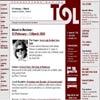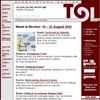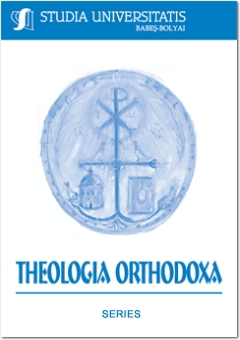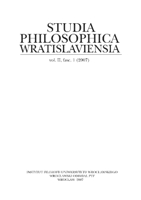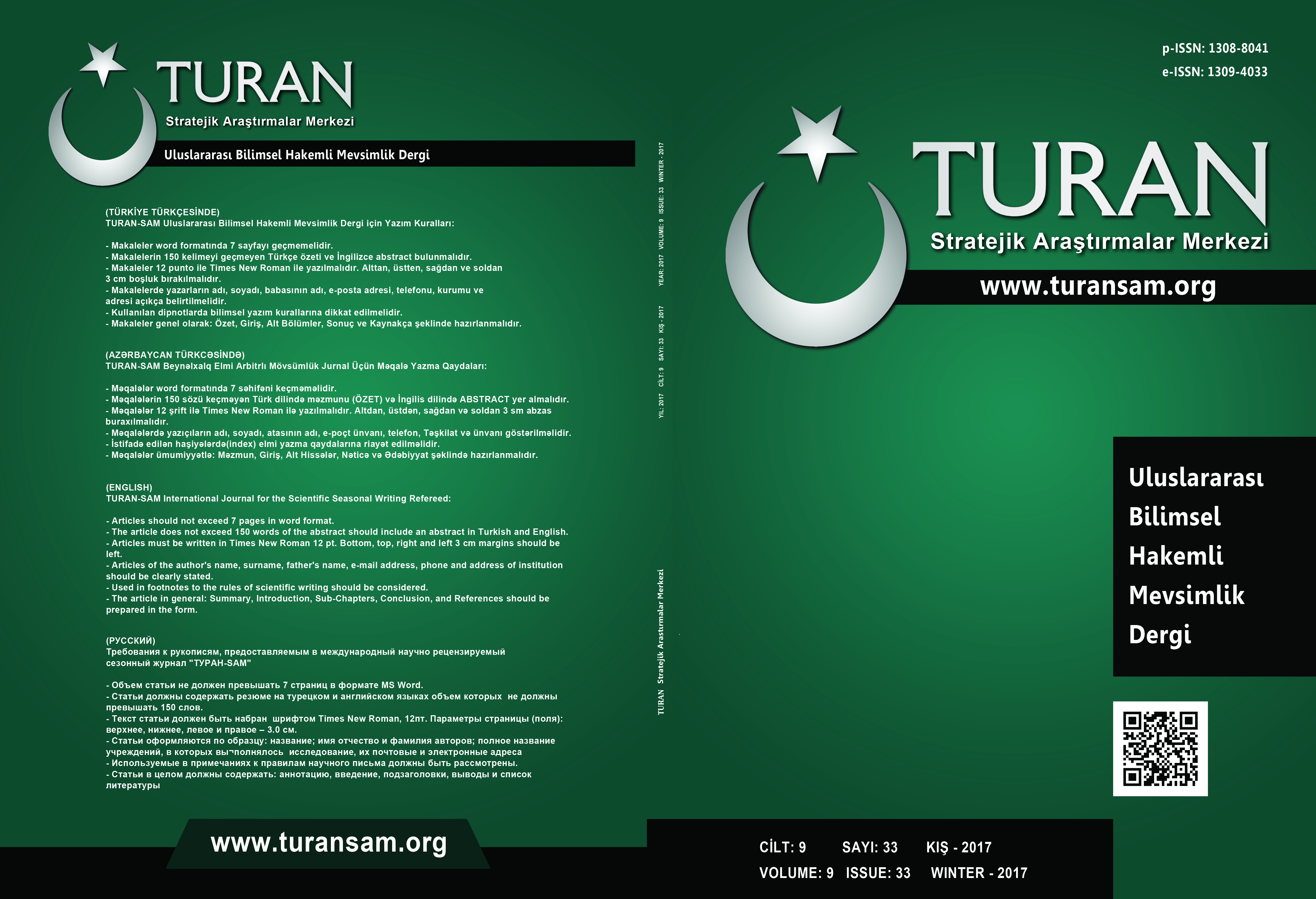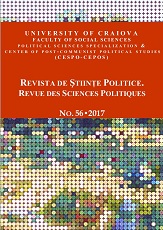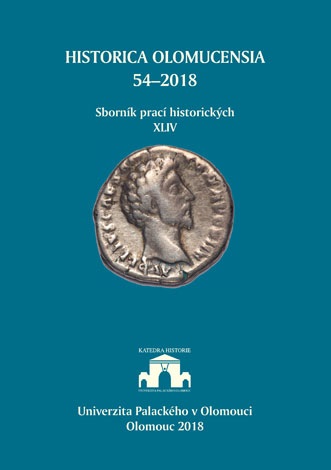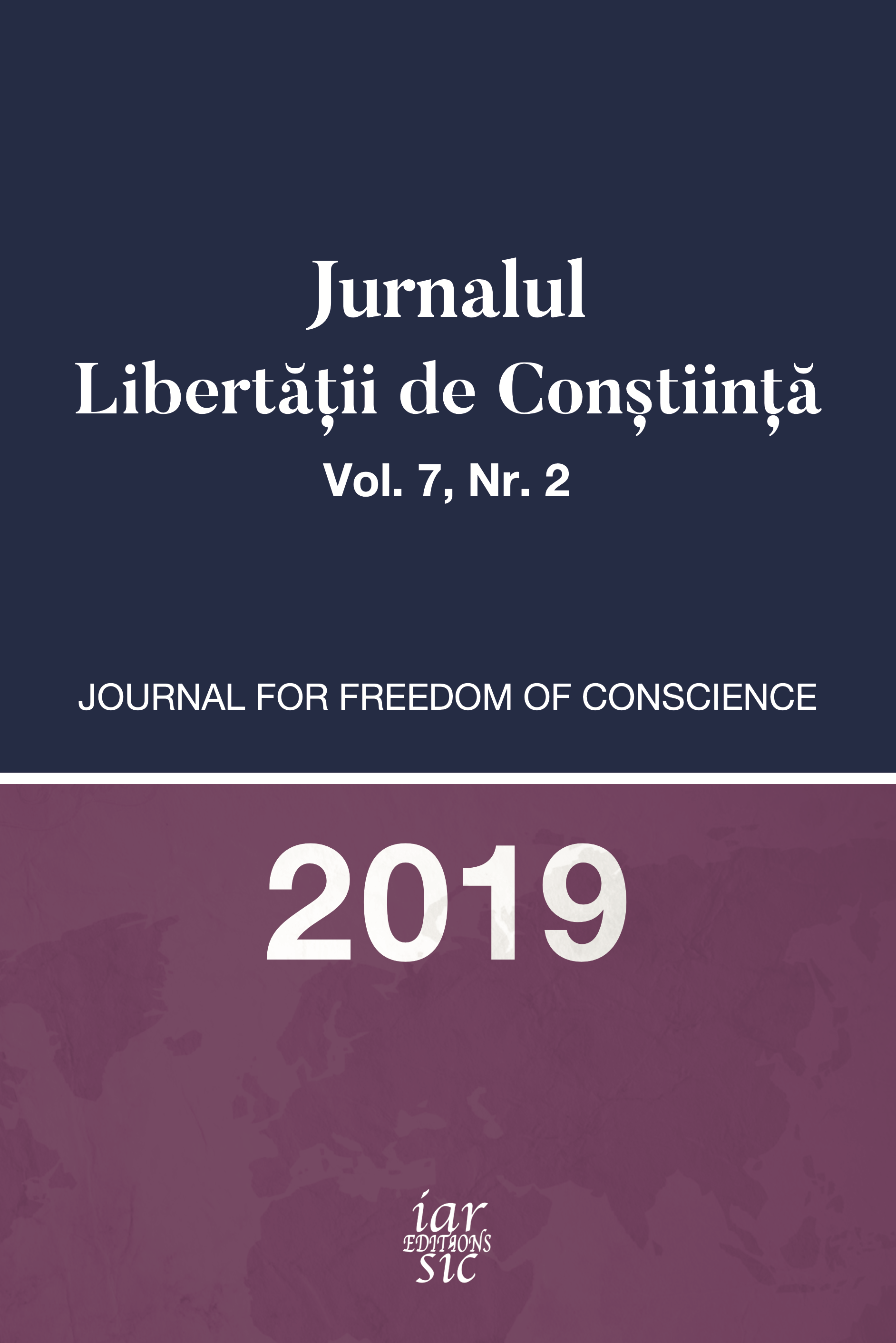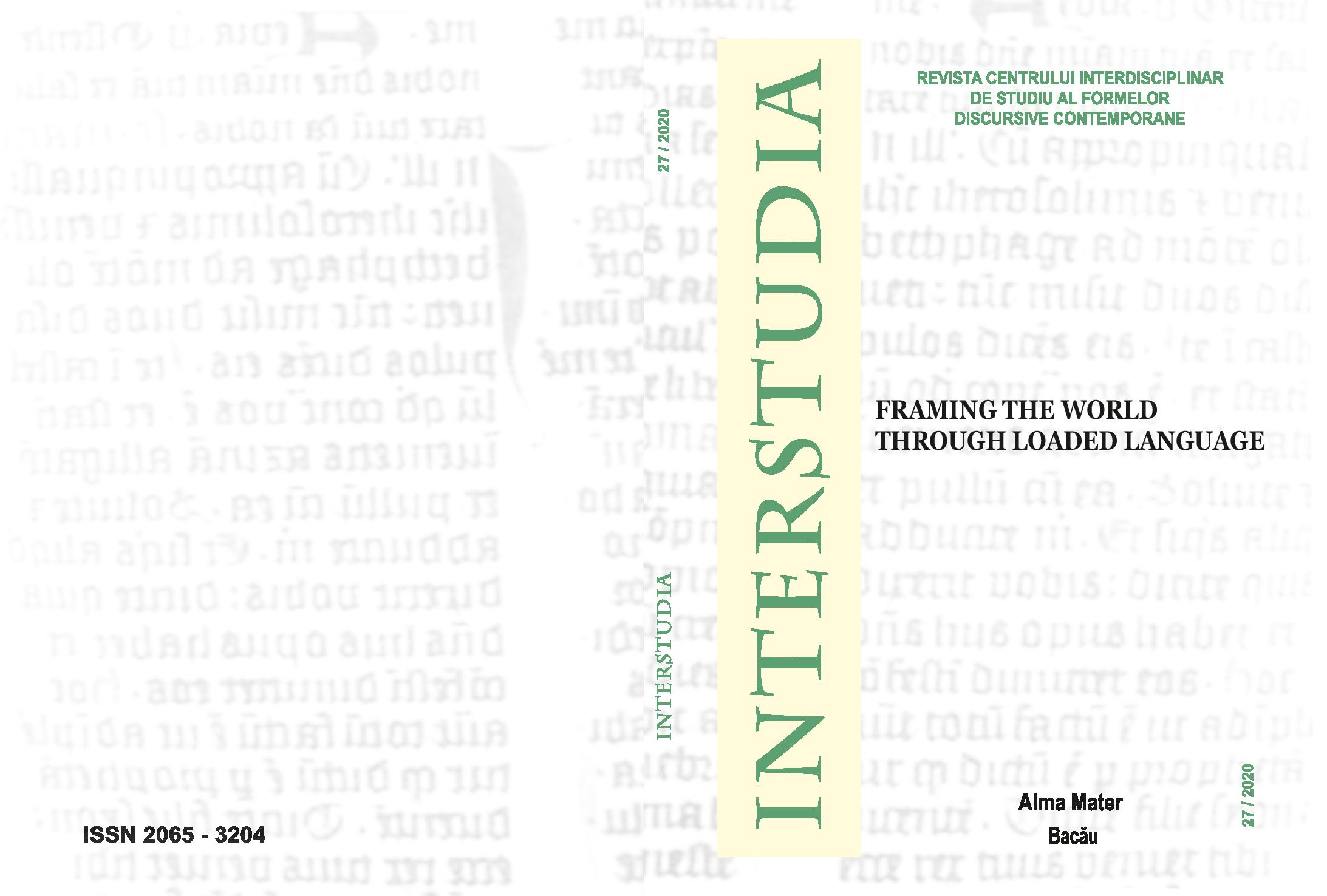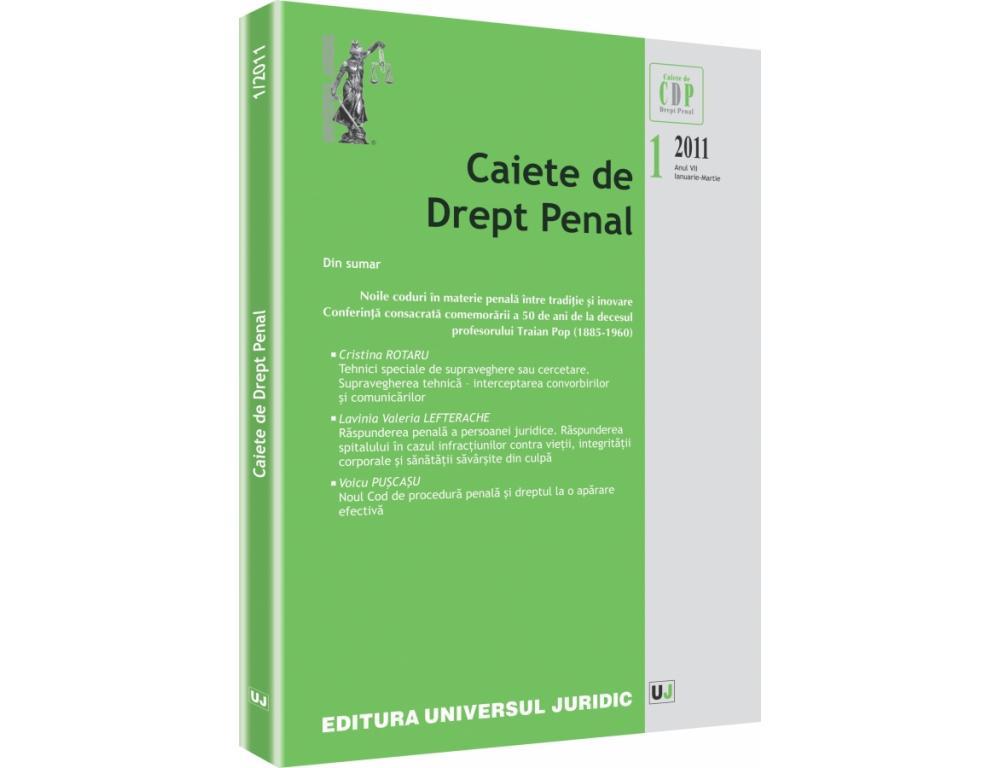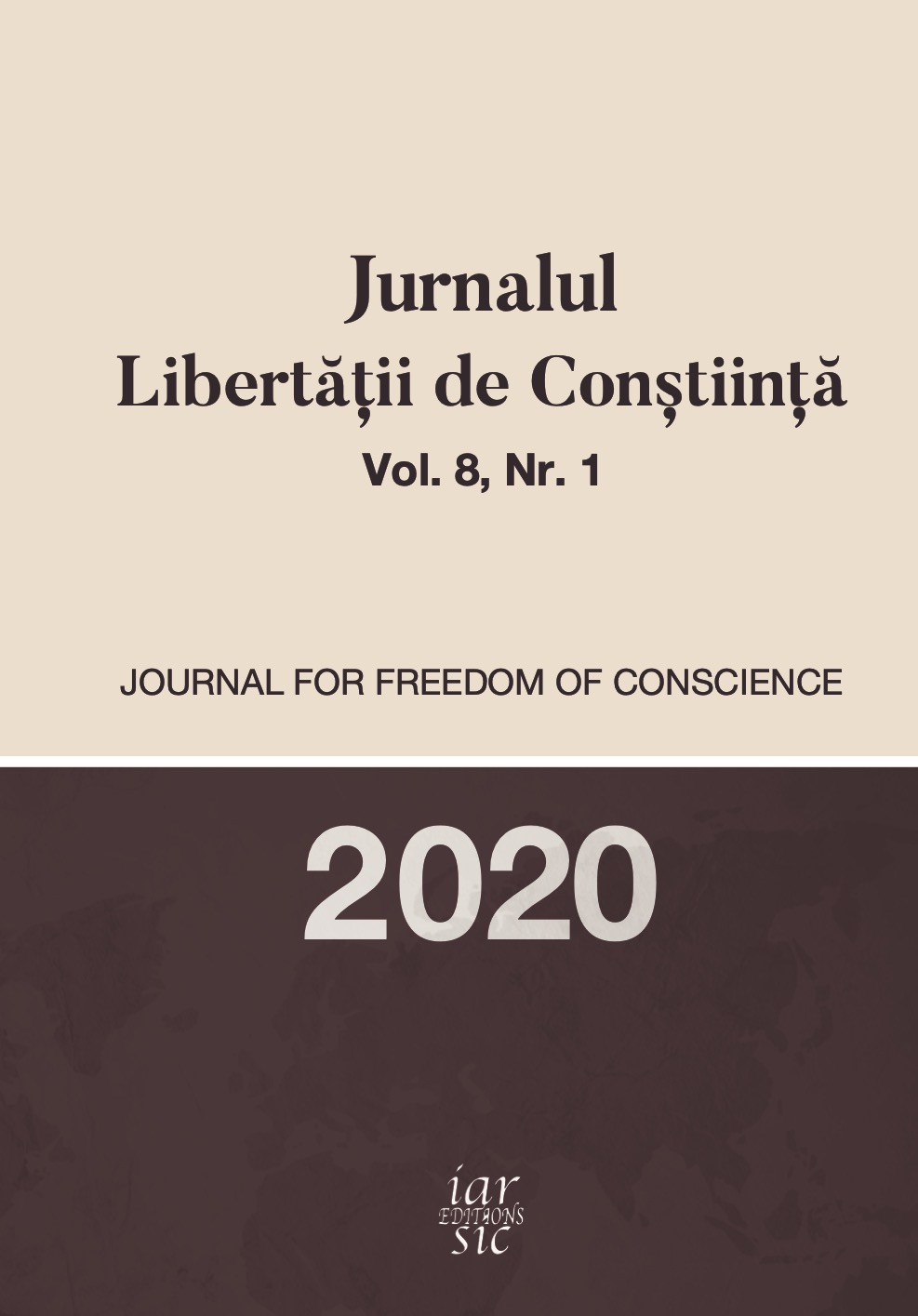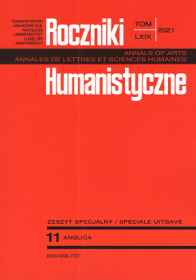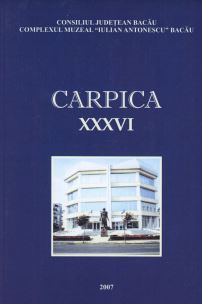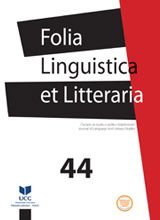Tehnici speciale de supraveghere sau cercetare.
Supravegherea tehnicã – interceptarea convorbirilor si comunicarilor
Author(s): Cristina Rotaru / Language(s): Romanian
/ Issue: 01/2011
Keywords: investigation techniques; human rights; fair trial; telephone tapping; National Security Act no. 51/1991; Code of Criminal Procedure; national legal standards; ECHR requirements; ECHR case-law;
Starting from the premise that investigation techniques must keep up with modern society technology, the author of the present study points out that the former should not affect the rule of law or the fairness of justice. Thus, the use of e-monitoring by respecting human rights, guarantees not only a fair trial, but also the survival of the rule of law, which, in the absence of such predetermined limits, may turn into a police state. In the first part of the study, the author systematically presents the history of telephone tapping, as initially used by the repressive organs of the state before 1989, who acted on no legal basis, until the recent provisions of the Code of Criminal Procedure. Throughout this evolution, the author emphasizes all the amendments brought to these legal provisions during the last years, and, in the end, a distinct section addresses the counterpart settlements in the special laws, particularly in the National Security Act no. 51/1991. The author identifies the differences between the common legal procedure, set out in the Code of Criminal Procedure and the corresponding procedure provided by the special law, permanently referring to the standards imposed by the ECHR in this field. The author, benefiting from her experience as a Supreme Court judge, notices the advantages granted to judicial authorities by the special laws, and reaches the conclusion that, in practice, the procedure set out in the special laws is often used also in case of offences which are not related with terrorism or state security, at the risk of violating human rights in the criminal trial. The analysis focuses on the ECHR requirements in the field of audio-video interceptions, prompting the readers to discover to what extent current provisions represent a real guarantee for the respect of the above-mentioned rights. The author examines in detail the only relevant decision in the field, by which the Romanian State was bound to pay damages by the Court of Strasbourg, as a result of using audio and video interceptions as evidence, namely the decision of April 26th 2007 in the case Dumitru Popescu v. Romania. Starting from the conclusions of the European court in this case, the author verifies the compatibility of current legislation with the ECHR case-law, especially due to the amendments brought to Romanian law, which have aimed at eliminating all inconveniences highlighted in this decision. The author concludes that if, from a legal point of view, the procedure set out in the code may be said to have been adapted to the requirements imposed by the Court of Strasbourg, this is not (even remotely) the case with the procedure provided by the special law. However, the author considers that both procedures continue to be contrary to the standards of ECHR case-law, due to the way in which they are applied, and brings in several arguments to support her opinion. Once the gaps of national legal provisions are inferred, the author analyses the admissibility of evidence consisting in telephone tapping which violate legal dispositions. The article addresses the moment when the judge may order interception of communications, as well as the consequence of not presenting the warrant or pre-trial order which authorises telephone tapping in case of using the procedure set out in the special law. This section ends by analysing the sanction in case of evidence collected in violation of the defendant’s rights (exclusionary rule), both from the perspective of national legal standards and of the ECHR case-law. Finally, the author approaches the provisions of the new Code of Criminal Procedure in the field of telephone tapping. The conclusion is that, judging by the exigencies of the ECHR, the new text is superior to that of the code in force, since it provides a more thorough procedure, which can adequately assure protection of state interests, but also of individual interests of parties that may be subject to technical surveillance. Nevertheless, the authors points out that the coming into force of the new Code of Criminal Procedure will not solve the practical issues related to this means of obtaining evidence, if parallel procedures continue to be provided by special laws which may allow disregards for the guarantees established by the general legal norm.
More...
